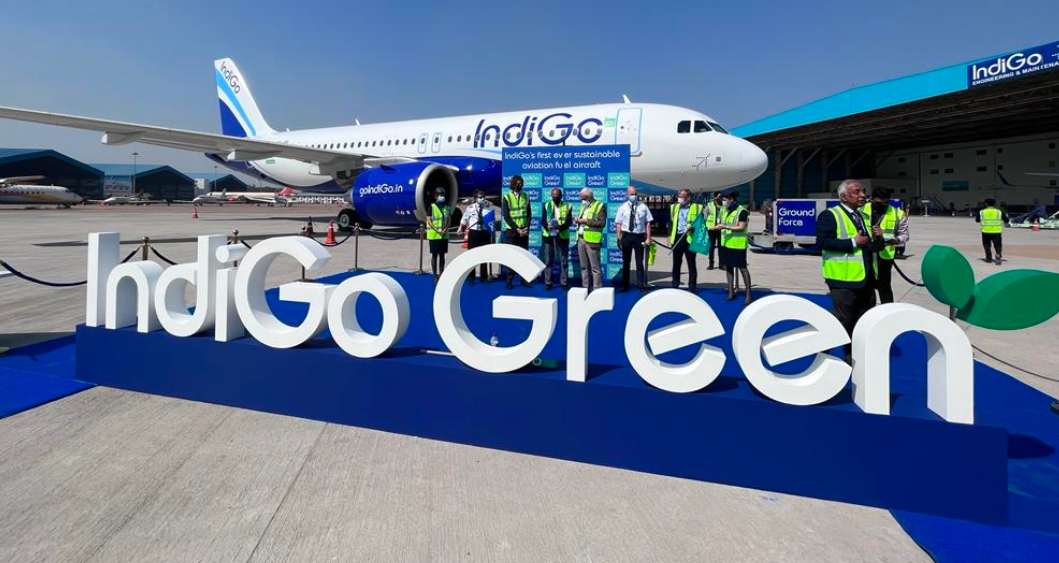The entire aviation industry has pledged to achieve carbon neutrality by 2050 and India too is eager to make its mark. On the eve of Zero Emission Day, the Indian Ministry of Civil Aviation (MoCA) and the Ministry of Petroleum and Natural Gas came together to develop a roadmap to make Indian aviation more sustainable in terms of SAF usage.
As per the Indian Ministry’s predictions, India will have over 400 million passengers by 2030 and to cater to this demand the ministry is planning to build a sustainable aviation eco-system. The Government of India not only plans to increase the number of airports in the country but also to make them sustainable. As per MoCA, over 90 airports in India are expected to be carbon neutral by 2024. Currently, India has 141 airports of which the Cochin International Airport and Delhi International airport is carbon neutral.
On the other hand, Airbus predicts that India has all the substances to become a big market for SAF, as about 63% of the Indian fleet is fuel-efficient.
Considering the Roadmap for Ethanol Blending 2025, Ethanol could be used as a SAF feedstock option. The roadmap plans to produce 13,500 million liters of ethanol supply by 2025-26, more than double the current levels.
The practical application of SAF in India is still in the nascent stage. Except for a couple of operators, the SAF usage in India is far too low. In August 2018, a SpiceJet flight operated with a blend of 75% ATF and 25% biojet fuel. In February 2022, IndiGo took delivery of an A320neo that ran on SAF.
India is expected to be a party to CORSIA from 2027 onwards mandating Indian airlines to operate on a minimum percentage of SAF for their operations. However, it depends on the local infrastructure, government policies, and demand.
Considering the expected double-digit growth in Indian aviation, it would become harder to decarbonize the sector if the government does not come up an action plan soon. Going ahead, India needs to up its game as The International Civil Aviation Organization will expect some clear answers from India.

